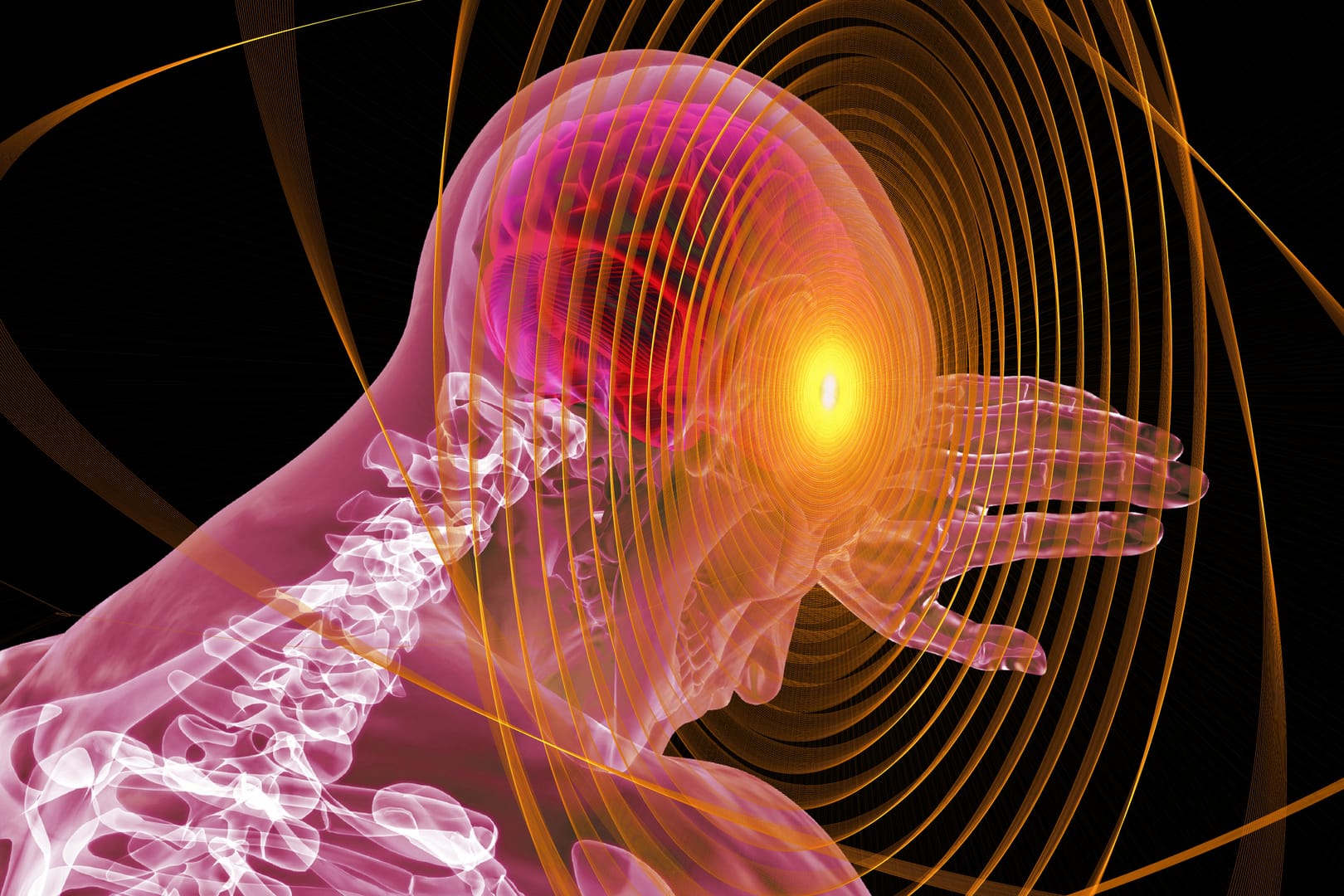
Professor Arn van den Maagdenberg, a specialist in molecular and functional neurogenetics, together with a team from Leiden University, has launched a new medical project aimed at investigating the relationship between Spreading Depolarization (SD) and Alternating Hemiplegia of Childhood (AHC). The project, titled “Study of Spreading Depolarization in Relation to AHC,” has the potential to bring significant advancements in the understanding and treatment of this rare genetic disorder.
The studies, to be conducted at Leiden University in the Netherlands, will focus on examining the brain activity of laboratory mice with AHC to determine how they respond to phenotypes while analyzing the neurobiological mechanisms being activated. “We are considering a combination of experiments that are key to advancing our understanding of AHC,” says Prof. van den Maagdenberg.
What is Spreading Depolarization (SD)?
SD is a rare phenomenon in the brain where a wave of high brain activity, resembling a wavefront, slowly propagates through a part of the brain. This is followed by a period where normal brain activity ceases and later recovers. Scientists have discovered that SD is linked to a range of brain disorders, including migraines, strokes, and head injuries. Finding a way to stop SD could help protect the brain and improve the well-being of affected patients.
How Can You Support the Project?
You can support the project by making a donation:
The "Association for Alternating Hemiplegia of Childhood" Bulgaria is an official partner of the project as part of the European AHC Federation.
Why is SD relevant to AHC?
It has already been established that SD can cause sudden abnormal brain activity, which may explain why patients with AHC experience episodes.
How could this help?
By delving deeper into the study of SD, scientists hope to discover new treatments to stop these episodes, thereby improving the quality of life for children with AHC and their families. Comprehensive research on this condition will also support the treatment of other neurological and genetic disorders in both children and adults.
Professor Arn van den Maagdenberg is a professor of molecular and functional neurogenetics in the Departments of Human Genetics and Neurology at the Leiden University Medical Center (LUMC). He is also a member of the LUMC Neuroscience research theme. Additionally, he serves as the principal investigator of the Medical Delta program “Medical NeuroDelta” and is the vice-chair of the “International Headache Genetics Consortium.”

Leiden University, established in 1575, is one of the oldest and most prestigious universities in the Netherlands. Known for its rich history and strong research tradition, it offers a wide range of academic programs in diverse fields. The university is renowned for its international focus, interdisciplinary approach, and vibrant academic community, making it a top choice for students worldwide.

